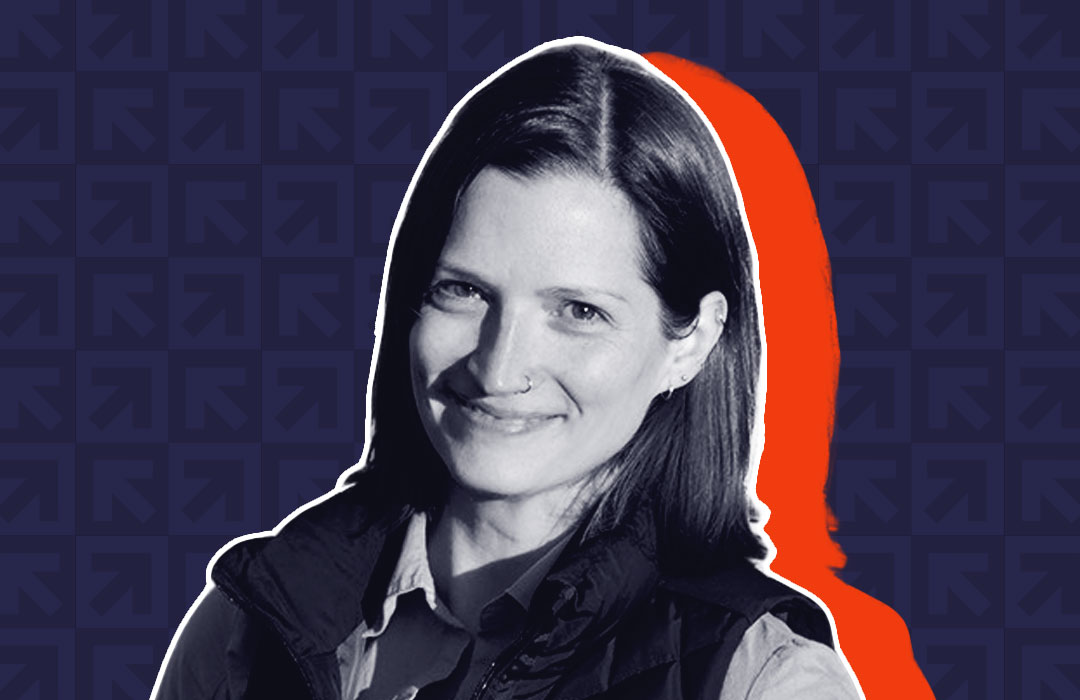Changing the world with your money doesn’t necessarily mean donating it all to charity — or even spending anything at all.
Just ask author and activist Tanja Hester. In her book Wallet Activism: How to Use Every Dollar You Spend, Earn, and Save as a Force for Change, Hester gives readers a roadmap for how to think about the true impact their money has on the world. Everything from where you bank to where you work to your 401(k) plan and, yes, where you shop makes a difference.
“There are so many ways we can create change, and so many ways we have financial power,” she tells Money.
A former political consultant for progressive causes, Hester became a celebrity within the FIRE (Financial Independence, Retire Early) movement after retiring at age 38. She chronicled her journey towards early retirement on her blog, Our Next Life, and then wrote Work Optional: Retire Early the Non-Penny-Pinching Way as a guide for people looking to step away from their jobs and lead more purposeful lives.
Now, Hester is focused on a longtime passion: Teaching people how to make sure their financial lives are aligned with their values. This isn’t a quick process; readers looking for a step-by-step plan to eliminate fast fashion purchases or go zero-waste won’t find one. Instead, Hester offers a framework to help you start to make choices based on what you think is most important.
Those most concerned about the climate crisis might focus on consuming less or eliminating their reliance on a car, for instance, while those who feel strongly about addressing the racial wealth gap might make a concerted effort to shop at Black-owned businesses.
Of course, Hester is quick to point out that those priorities aren’t in opposition: “Our environmental causes and our social challenges are both urgent and inextricably linked,” she writes in Wallet Activism. “We cannot care about the planet without also caring about the people with whom we share it.”
Hester’s philosophy is all about taking the holistic view. She encourages readers to cut themselves some slack: If you need to buy a dress at Express for a last-minute job interview or funeral, or you love McDonald’s and eat there occasionally, Hester says not to sweat it.
It’s unsustainable to scrutinize every minor purchase, and it's more impactful to make sure your biggest decisions — how you approach major purchases such as home heating systems and appliances — reflect what’s most important to you.
“You don't have to be perfect to make a difference,” she says.
And sometimes, making an impact with your money means actually getting closer to an industry you don’t like. Take investments in oil and gas: You can exclusively invest in ESG funds that exclude fossil fuel companies, and you can move your money away from the major banks that invest in the industry. But Hester says remaining connected in the industry, and using your presence to actively push for changes, is an equally viable strategy. That could mean pressuring your index fund manager to vote for climate-friendly initiatives, for instance, or appoint new directors on corporate boards.
“It's easy for people to say, ‘I don't want to be invested in oil and gas.’ Fair enough,” she says. “But if we actually want to push those industries to change, we need more people invested in them who will be loud.”
Hester writes about her philosophy on her blog, where she covers topics like the ethics of cryptocurrency, how to divest from the gun industry and more. She writes for publications like Bloomberg and Marketwatch; she talks about financial power on her Wallet Activism podcast. She regularly engages with more than 12,000 followers on Twitter, too.
Ultimately, the message is simple: You have a lot more financial power than you think you do. That power comes from the ways you spend, earn and keep your money — however you choose to do that. Learning how to use that power, Hester says, “is so much more possible than people think.”






